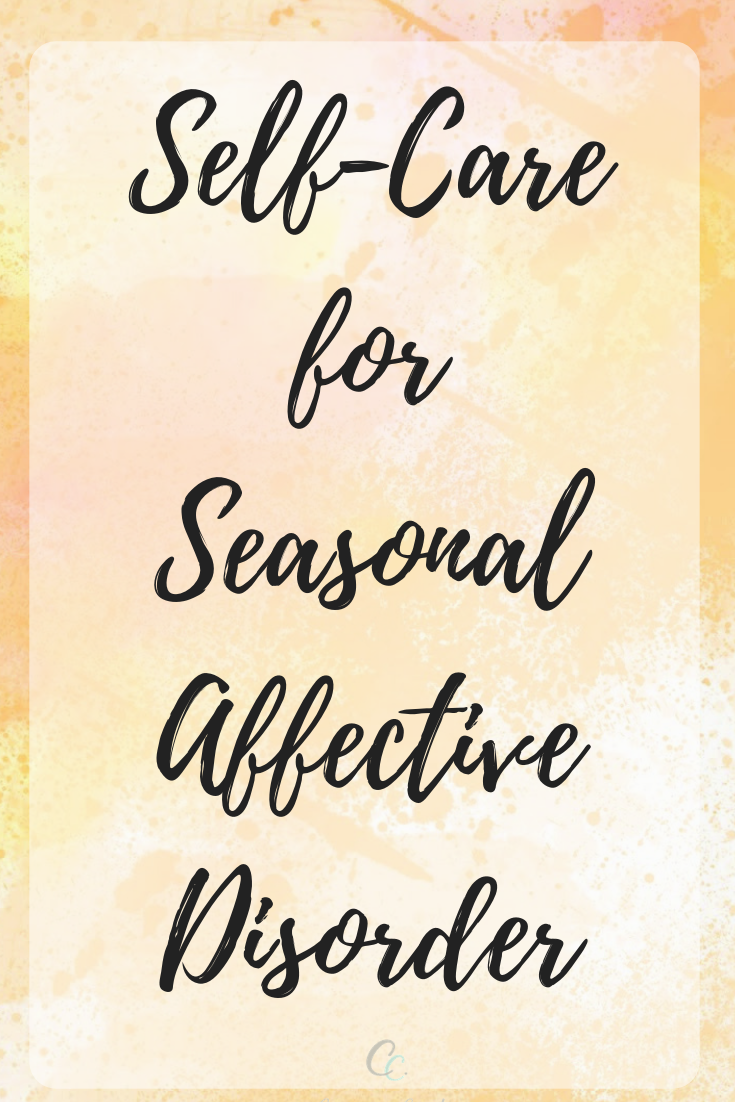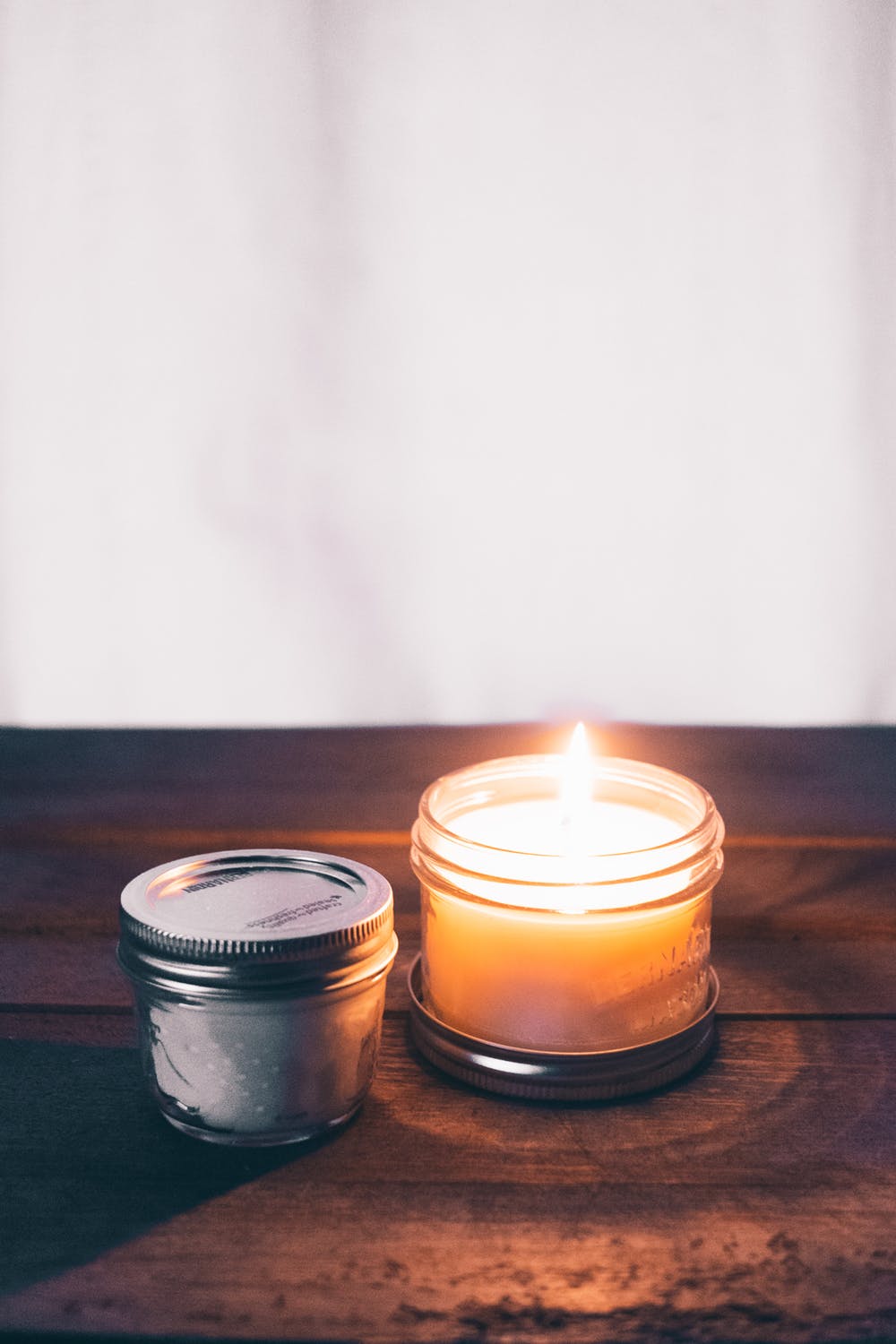
As we move closer and closer to the winter months, unfortunately this means that those who are prone to SAD, or seasonal affective disorder, might begin to experience symptoms like low mood, sleep problems, changes in appetite, and increased fatigue, among other symptoms. If you’re someone who is prone to developing seasonal depression, or a more mild case of the winter blues, practicing self-care habits that are targeted towards SAD can help to make this season more manageable.

Have a Cup of Warm Tea
Though it's always soothing to sip on a warm mug of tea, this self-care suggestion goes beyond that. Herbal tea is hydrating, and is often an easy way to increase your water intake in the winter, when you may not want to reach for cold drinks.
Practice Yoga
Excercise is known to be an effective treatment for seasonal affective disorder, however, increased fatigue and a lack of motivation can make if difficult (or seemingly impossible) to be active. Yoga is a gentle practice that can help you to get your body moving without taking too much out of you.
Try Supplements
Certain nutritional deficiencies can contribute to SAD, so making taking any necessary supplements a part of your daily self-care can help you to manage symptoms. Vitamin D supplementation in particular has been shown to be helpful. Consider asking your doctor to check your vitamin D levels to see if supplementation may be helpful for you.

Go to Bed Early
When you think about the natural daylight cycles in autumn and winter, it’s only natural that we’re tired earlier as there’s less daylight. It’s alright to give into this season of hibernation and accept that you might need an earlier bedtime in the winter than you might in the summer.
Try Journaling
Journaling is shown to be helpful for depression in helping you to track your mood, becoming more in-tune with yourself, and help you get out any negative thoughts that you may have swirling around in your head. A gratitude journal can be especially helpful, where you try to focus on a couple of things that you are thankful for each day.
Get Out of the House
When you’re experiencing difficulties associated with depression, it can be very easy to fall into wanting to stay inside and avoiding being social. Making a point to meet up with a friend or checking out a local coffee house or book store can be a wonderful act of self-care.
Take Advantage of Natural Light
There might not seem like as many opportunities to see natural daylight as other times of the year, but it’s still out there! Even just opening your blinds on a day where the sun is shining can be helpful.

Aromatherapy
Certain essential oils can help with stimulation, meaning that incorporating aromatherapy into your self-care routine can be helpful in dealing with some of the symptoms of seasonal depression. Basil, bergamot, and citrus oils like grapefruit are all known to be uplifting. If you struggle more with winding down, lavender, rose, and frankinscense essential oils can be soothing. Try diffusing these oils, or use bath and body products that feature these scents.
Put Down Digital Devices
While there’s nothing wrong with a good Netflix binge, if it’s making you feel worse rather than relaxed and rested, it might be time to step aside from the screen for a bit. It’s very easy to rely on our digital devices more and more when the weather isn’t as nice, so be sure to check in with how you’re responding mentally to your increased screen time, and consider turning to other activities if necessary.
Ask Your Doctor for Help
Like other mental health issues, asking a professional for help is often necessary, and its okay. Scheduling appointments with your doctor and following through with their care instructions is an important part of your self-care, too.
